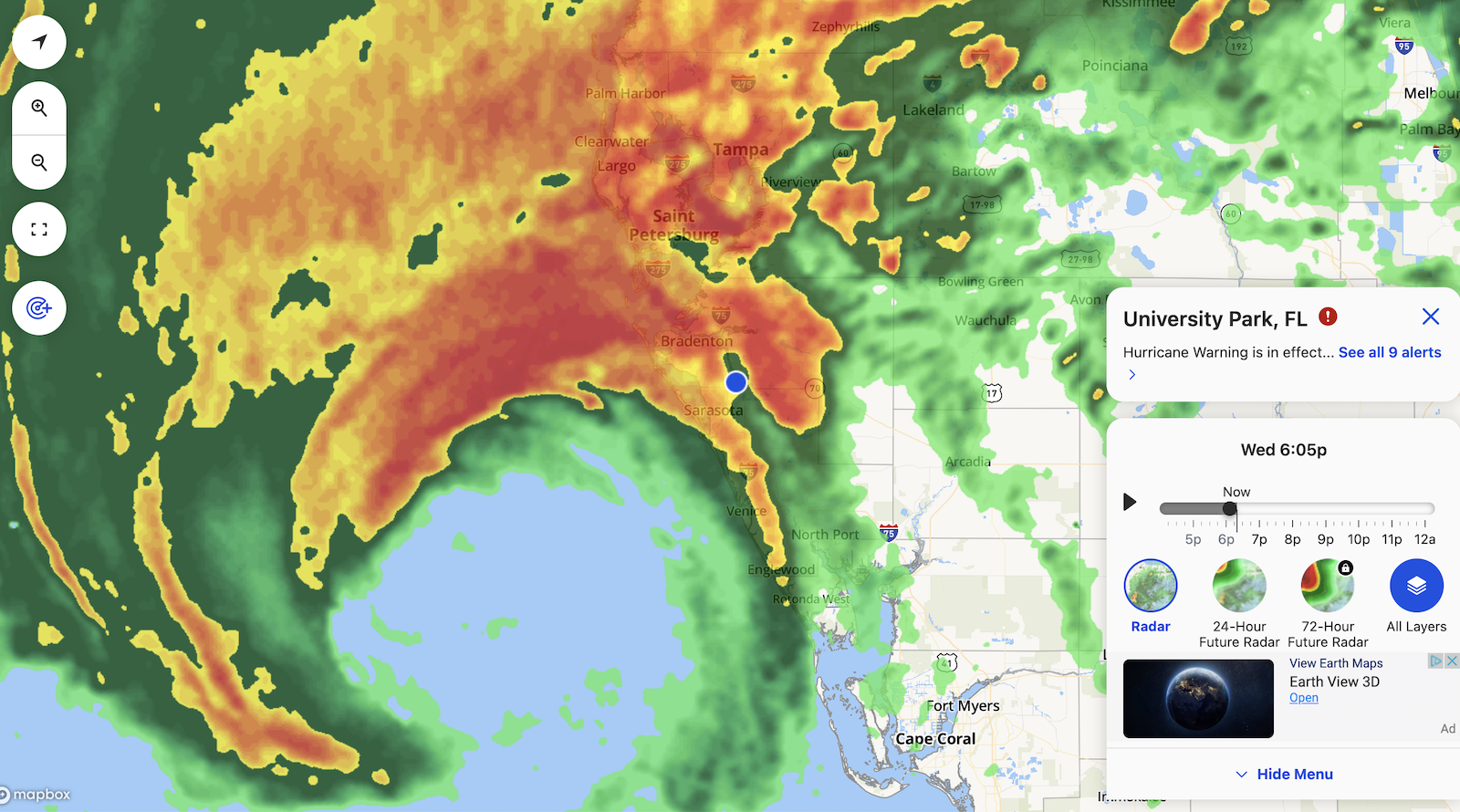Tech
Meta bans Russian state media networks over ‘foreign interference activity’
Facebook owner Meta said on Monday it was banning Russian state media networks from its platforms for alleged “foreign interference activity.”
NEW YORK — Facebook owner Meta said on Monday it was banning RT, Rossiya Segodnya, and other Russian state media networks from its platforms, claiming the outlets had used deceptive tactics to carry out covert influence operations online.
The ban marks a sharp escalation in actions by the world’s biggest social media company against Russian state media after it spent years taking more limited steps such as blocking the outlets from running ads and reducing the reach of their posts.
“After careful consideration, we expanded our ongoing enforcement against Russian state media outlets. Rossiya Segodnya, RT, and other related entities are now banned from our apps globally for foreign interference activity,” the social media company said in a written statement.
Enforcement of the ban would roll out over the coming days, it said. In addition to Facebook, Meta’s apps include Instagram, WhatsApp, and Threads.
The Russian embassy did not immediately respond to a Reuters request for comment. The White House declined to comment.
Meta’s move came after the United States filed money-laundering charges earlier this month against two RT employees for what officials said was a scheme to hire an American company to produce online content to influence the 2024 election.
U.S. Secretary of State Antony Blinken said on Friday that countries should treat the activities of Russian state broadcaster RT as they do covert intelligence operations. RT has mocked the U.S. actions and accused the United States of trying to prevent the broadcaster from operating as a journalistic organization.
In briefing materials shared with Reuters, Meta said it had seen Russian state-controlled media try to evade detection in their online activities in the past and expected them to continue trying to engage in deceptive practices going forward.










